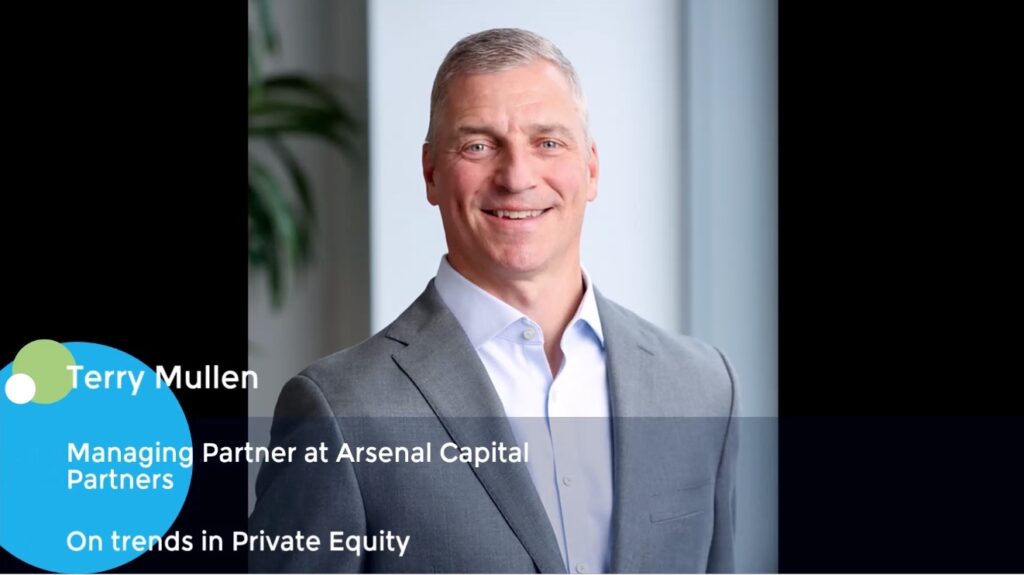Carlyle co-chair Rubenstein expects buyouts to rebound next year
Buyout activity may languish for a little longer, but it should pick back up once interest rates begin to go down, Carlyle Group co-founder and co-chairman David Rubenstein told Mergermarket.
The private equity titan expects to see more deal flow in 2025, which is when he anticipates interest rates in the US to begin their descent. Even though the Federal Reserve is keeping its benchmark interest rate at about 5.5% for now, deals will continue to get done this year, Rubenstein said on the sidelines of this week’s annual Milken Institute Global Conference in Beverly Hills, California.
“I talk to M&A bankers, and they say there is a pickup in deal flow from strategics. But buyout people, we are doing deals at a slower pace,” he said. “We are waiting for interest rates to come down a little.”
By all accounts, the higher cost of capital has been a barrier for buyout firms.
Last year was the worst for private equity buyout activity since 2016, according to Mergermarket data, with deal volume of USD 482.6bn. In 2024, global buyout volume has rebounded 19% year over year to USD 202.5bn but remains 49% below the market peak in 2021.
A slowdown in M&A and initial public offerings has put additional pressure on private equity firms by restricting the exit options for their portfolio companies. The consequent slowdown in distributions has left LPs either unwilling to make commitments to new funds or unable to do so because they are overallocated to the asset class – a phenomenon known as the denominator effect. Against this background, many sponsors have turned to alternative liquidity options, such as continuation funds and dividend recaps, to improve distributions to their LPs.
Year to date, global private equity exits have increased 51% to USD 93.76bn from the market trough of 2023, which saw the lowest deal volume since 2013, according to Mergermarket data. However, global private equity exits year to date remain 70% lower than their peak in 2021, which saw deal volume of USD 316.56bn for the same period.
“Fundraising is clearly more challenged than anything we’ve seen in recent years in large part because private equity firms have not been able to return as much capital as they previously could, and therefore the organizations that they get money from don’t have as much money as they once did,” he said.
The group’s latest flagship buyout fund, Carlyle Partners VIII, raised USD 14.8bn in a final close in 2023, far less than its reported USD 27bn target and 20% less than its predecessor vehicle, as Mergermarket previously reported. Carlyle is targeting more than USD 40bn of capital inflows in 2024 across all of its investment strategies, although it is expecting private equity fundraising headwinds to continue, the group’s CEO Harvey Schwartz said during its investor call in February.
While fundraising in the US remains constrained, Rubenstein pointed to sources of capital in other areas of the world that sponsors can tap to raise funds.
“There is more money in the Middle East than probably any other part of the world for this kind of capital. So that’s why you see a lot of people go to the Middle East to raise money,” Rubenstein said.
Eventually, private equity activity should normalize, he added. Until then, no one is shedding any tears.
“Private equity people are not people that other people cry or worry about,” Rubenstein said.










